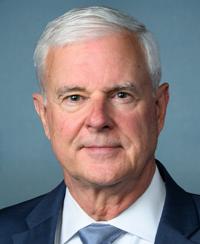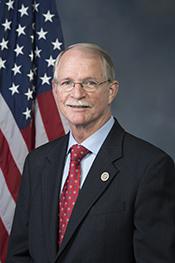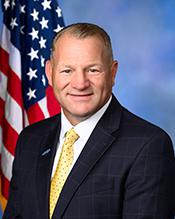0
Legal Workforce Act
1/4/2025, 11:12 AM
Summary of Bill HR 319
The E-Verify program is an online tool that allows employers to check the immigration status of their employees by comparing the information provided on their I-9 forms to government databases. This system is designed to prevent the hiring of unauthorized workers and ensure that all employees are legally allowed to work in the US.
The Legal Workforce Act would make the use of E-Verify mandatory for all employers, with some exceptions for certain industries and small businesses. Employers who fail to comply with this requirement could face fines and other penalties. Supporters of the bill argue that it would help to curb illegal immigration and protect American jobs by ensuring that only legal workers are hired. They also believe that it would streamline the hiring process for employers and reduce the likelihood of identity theft and fraud. Opponents of the bill, however, raise concerns about potential discrimination against certain groups of workers and the burden that mandatory E-Verify could place on businesses, particularly small businesses. They also argue that the system is not foolproof and could lead to errors in determining eligibility to work. Overall, the Legal Workforce Act is a controversial piece of legislation that aims to address issues related to illegal immigration and employment verification in the United States. Its fate in Congress remains uncertain as lawmakers continue to debate its potential impact and effectiveness.
Congressional Summary of HR 319
Legal Workforce Act
This bill directs the Department of Homeland Security (DHS) to create an electronic employment eligibility confirmation system modeled after and to replace the E-Verify system, which allows employers and recruiters to verify the immigration status of individuals. The bill also mandates the use of such a system, where currently only some employers, such as those with federal contracts, are required to use E-Verify.
The bill specifies documents that can establish an individual's identity and employment authorization. During the period starting when a job offer is made until three business days after hiring, the individual must attest to his or her employment authorization, and the employer or recruiter must attest that it has examined the individual's required documents.
Employers shall reverify certain types of employees who were not previously verified using E-verify.
The Social Security Administration shall notify employees if their Social Security number has been used multiple times in an unusual manner. DHS shall establish programs for blocking and suspending misused numbers.
Employers that are required to use the verification system shall not be liable for any employment-related action based on a good-faith reliance on the information from the system.
The bill establishes a phased-in participation deadline for different categories of employers, including agricultural employers.
The bill increases civil penalties related to hiring individuals without work authorization. It also preempts state laws relating to hiring and employment eligibility verification, but states may use their authority of business licensing to penalize employers for failing to comply with the bill's provisions.





